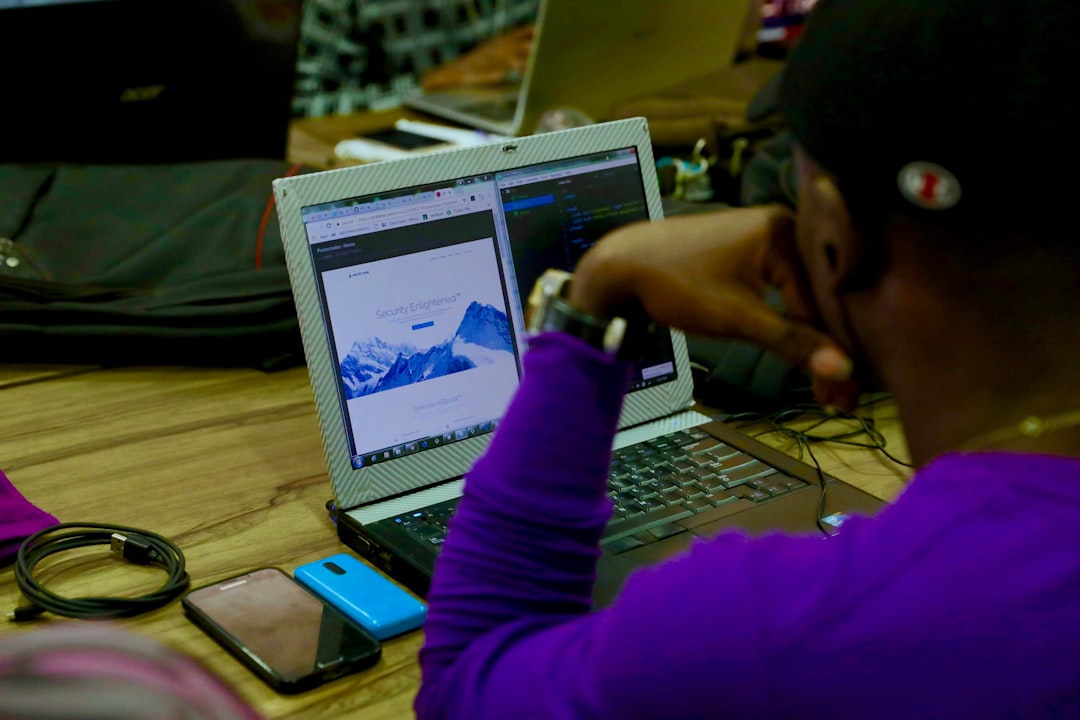What is it about?
Necessity entrepreneurs are seen as less likely to succeed than those who do it to pursue an opportunity but this 'liminal' group, mostly forgotten in the design of public policies due to their apparent inability to generate economic growth, plays a central role in fostering social change. In the process of setting up their own ventures, many necessity entrepreneurs engage with and overcome institutional invisibility, lack of representation in dominant cultural narratives, and the self-doubts emerging from their own personal crises. They are the proof of an alternative and enabling entrepreneurial story.
Featured Image
Why is it important?
Entrepreneurship itself is ultimately a liminal and transformative condition, a process of creating possible futures and states of being. We need to reclaim entrepreneurship for society, moving away from a stifling, purely economic discourse. To do so, we have to consider the real societal contexts in which entrepreneurial activities are happening and resist the trend to focus on already successful areas famous for innovation. Our necessity entrepreneurs’ experiences show how, in a context where risk and uncertainty are the norm, engaging with the context creatively can generate both a social and an economic impact. Entrepreneurship becomes, then, ‘of society, not just of economy’.
Perspectives
Since the 2008 financial crisis, entrepreneurship has become the preferred public solution to combat unemployment. Public discourses in many EU countries, including the UK, portray entrepreneurship as socially desirable and feasible. However, this ‘solution’ makes the unemployed responsible for creating their own jobs by asking them to stoically transition between unemployment and self-employment with little or no institutional support. Thus, the unemployed are expected to epically endeavour to follow mythical entrepreneurial success stories. Such endeavour is almost impossible for them to fulfil, as many of those forced by the system to make up their own jobs are in a situation of long-term unemployment, unable to deal with the risks attached to starting their own business, and in conditions of personal crisis within a global context of economic uncertainty. We need to hear their own stories.
Lucia Garcia-Lorenzo
London School of Economics
Read the Original
This page is a summary of: Liminal Entrepreneuring: The Creative Practices of Nascent Necessity Entrepreneurs, Organization Studies, October 2017, SAGE Publications,
DOI: 10.1177/0170840617727778.
You can read the full text:
Contributors
The following have contributed to this page










